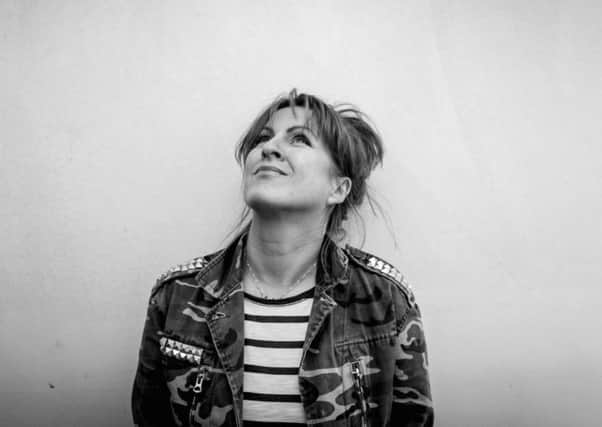Glasgow festival rivals Edinburgh’s despite much less public cash – Brian Ferguson


It is Friday night in Glasgow’s iconic Barrowland and it is hard keeping track of the comings and goings on stage.
It is not the first time Edinburgh’s “acid croft” pioneers Shooglenifty, one of the biggest draws during the lifetime of the Celtic Connections music festival over its 25-plus years, have graced the venue in the east end of Glasgow.
Advertisement
Hide AdAdvertisement
Hide AdBut, with special guests from India, Australia and Spain joining the musicians drawn from across Scotland, it is certainly its most cosmopolitan line-up.
As a snap-shot of Glasgow’s winter music festival, it perfectly encapsulated the essence and flavour of the event. A quarter of a century on, it is still firmly rooted in Scottish traditional music, but now knows no real boundaries and warmly embraces international cultures from every corner of the globe. Although the festival has long attracted acts from around Europe and North America, it is no mean feat, particularly in the current economic climate, to have brought in acts from Iran, Indonesia, Japan, Haiti, Senegal and Nigeria. The festival believes some of the instruments which are passing through Glasgow Airport will rarely have been played live in Scotland before, if at all.
One of the biggest elements of Celtic Connections these days is Showcase Scotland, which has grown to become the country’s biggest event for music industry delegates, who are flying in from at least 23 countries this week, for a programme of a host of Galicia’s leading acts. A separate strand of the festival was set up this year to forge new links between Scotland and the Basque region, while I counted at least 12 Irish acts in the festival line-up, as well as an entire evening celebrating Welsh music.
Perhaps the most significant shift to broaden the festival’s horizons has come this year thanks to long-awaited direct funding support from the Scottish Government.
The £100,000 grant, which has increased the festival’s public funding pot by more than a quarter, has been used for several special projects, including collaborations between Hebridean singer Kathleen MacInnes and Icelandic band Amiina, and the all-female Gaelic outfit Sian, who performed with Mali singer Bassekou Kouyat and his band, and also graced the Barrowland stage over the weekend.
In total, 25 countries are represented in the ongoing festival, which more than 2,000 musicians are performing in.
Those statistics compare favourably with the 2,570 artists from 31 nations who flew into Scotland to perform at last year’s Edinburgh International Festival, the closest equivalent event to Celtic Connections. But with many of these involved in dance, drama and opera, there seems to be robust evidence to back up the claim from Celtic Connections’ creative producer, Donald Shaw, that it is now Scotland’s most international music event. Judging by the number of teenagers crammed into the record 35 venues in the Celtic Connections line-up there seems little doubt it has a much wider audience demographic.
And Shaw and his handful of year-round staff have to mastermind the event with just £460,000 in public funding and are reliant on selling about 70 per cent of their tickets in order to break even. Despite their breakthrough in securing Festivals Expo funding from the Government, Celtic Connections would be entitled to query whether it deserves to be on similar economic footing to the Edinburgh International Festival, which commands 10 times as much public funding.
